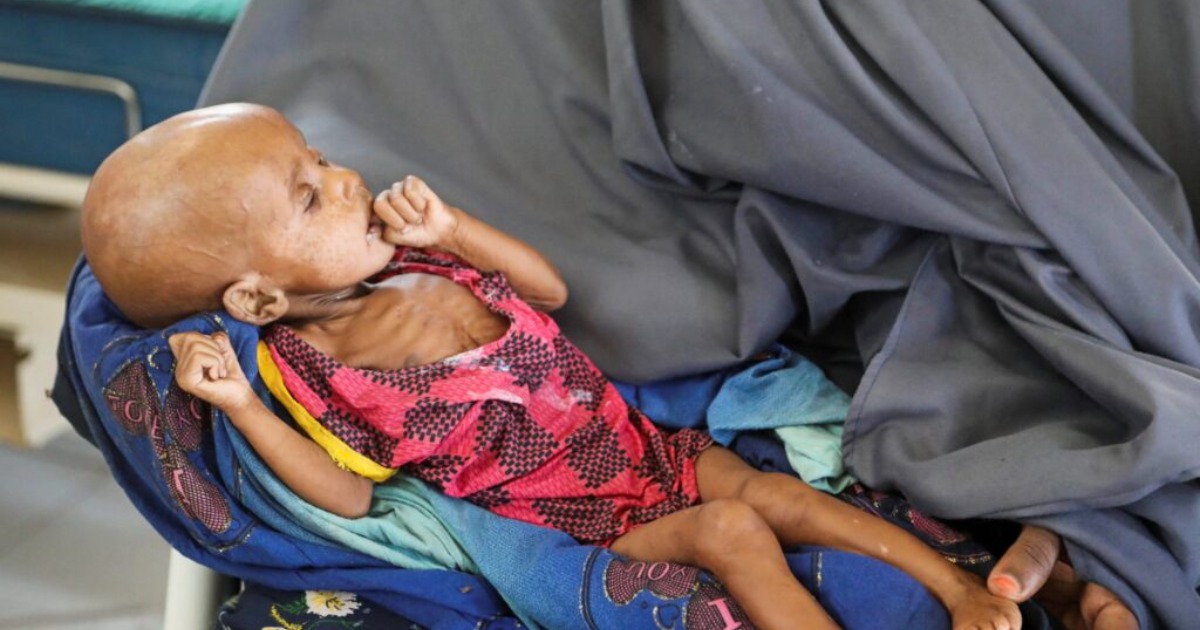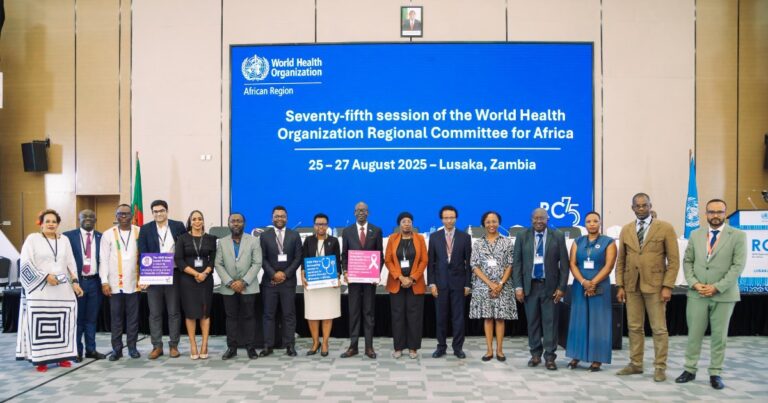A new global report reveals that child malnutrition continues to pose a serious threat to millions of children under five, with progress stagnating or even regressing in many parts of the world. The Joint Malnutrition Estimates 2025 Edition, published by UNICEF, the World Health Organization (WHO), and the World Bank Group, examines global data from 2000 to 2024, focusing on key indicators such as stunting, wasting, severe wasting, and childhood overweight.
The report presents a worrying global outlook: approximately 150.2 million children under five have been affected by stunting in the past two decades, 42.8 million have experienced wasting—including 12.2 million with severe wasting—and 35.5 million are overweight, an increase of 2.4 million since 2000.
“After years of progress, child nutrition indicators are now showing signs of stagnation or decline,” the report cautions.
Stunting, which severely hampers both physical growth and cognitive development, remains most prevalent in Asia and Africa. Asia is home to 51% of the world’s stunted children, followed closely by Africa at 43%. Alarmingly, Africa is the only region where the number of stunted children has increased—rising from 61.7 million in 2012 to 64.8 million in 2024.
Wasting—the most acute and life-threatening form of malnutrition—continues to endanger millions of young lives, while rising rates of childhood overweight and obesity are becoming a growing concern. These trends are attributed to poor food environments, aggressive marketing of unhealthy foods, and sedentary lifestyles.
Despite global pledges to address child malnutrition, the report finds that fewer than one-third of countries are on track to meet the 2030 targets for reducing stunting, and only 17% are making headway in curbing childhood overweight.
Compounding the problem are significant gaps in nutrition data collection, particularly in low-income regions, making it difficult to monitor progress and deploy effective interventions.
UNICEF issued a stark warning: “Without urgent, coordinated global action, we risk losing the potential of an entire generation.” The report calls for increased investment in nutrition, stronger health and data systems, and the promotion of healthier food environments to reverse current trends and safeguard the future of children worldwide.





